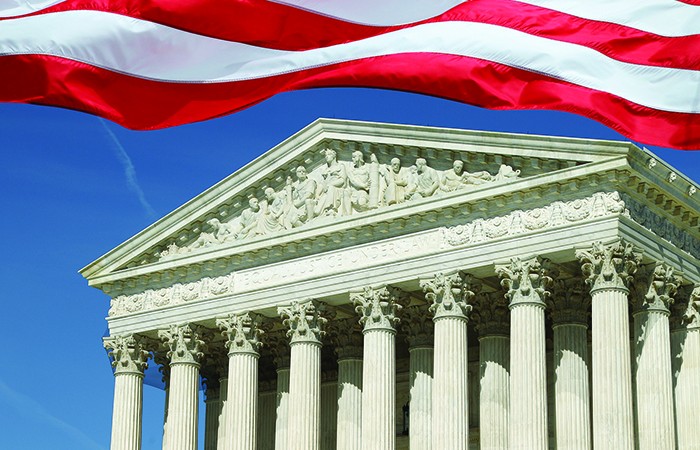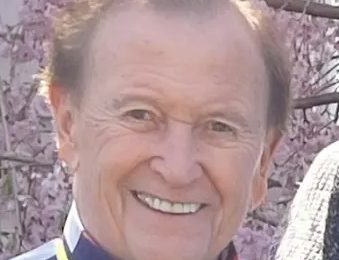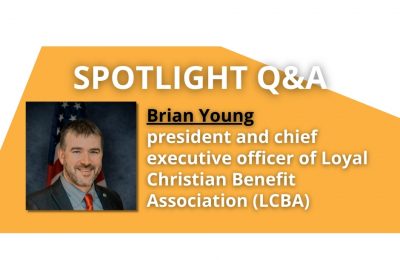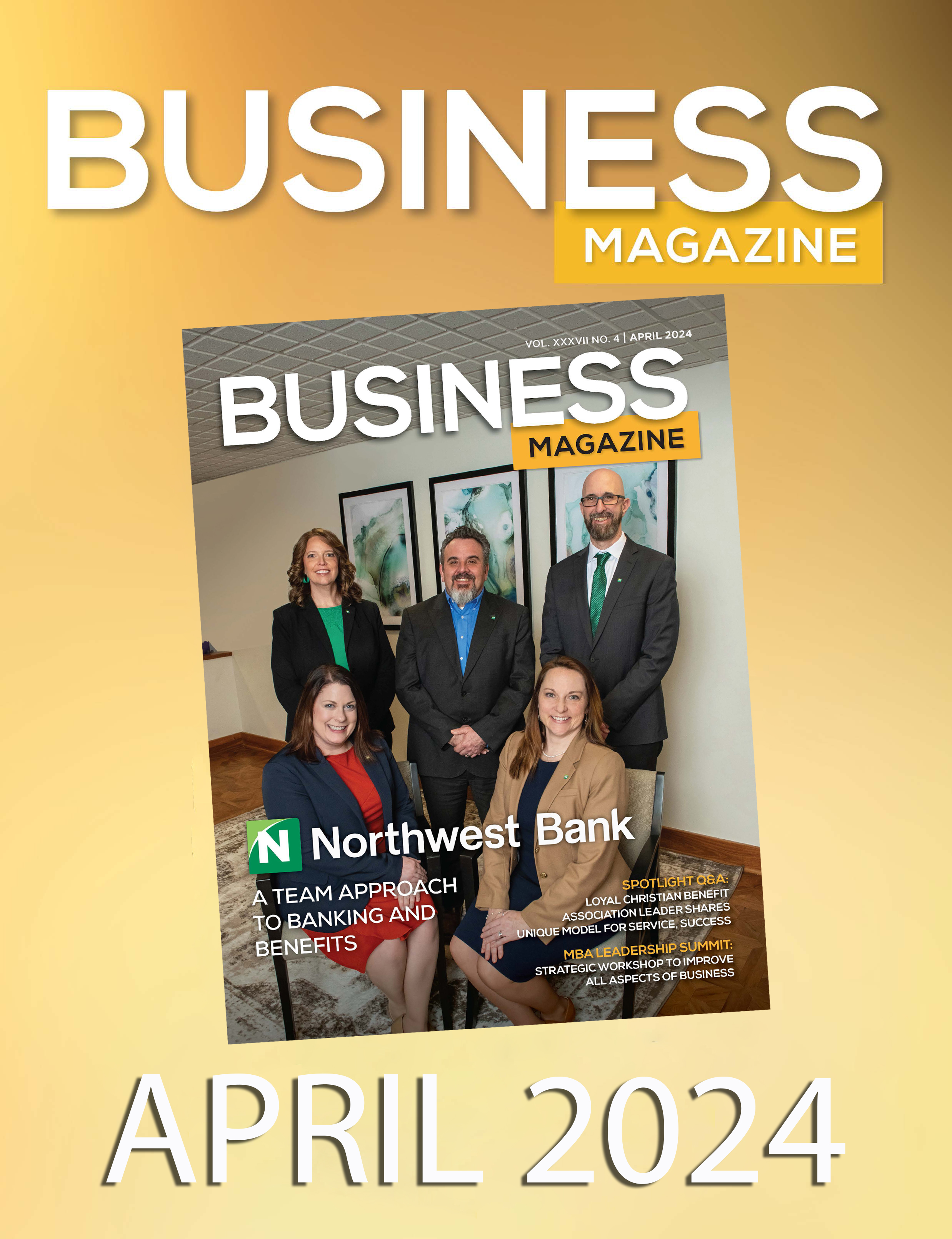Charlie Gerow is the chief executive officer of Quantum Communications, a Harrisburg-based strategic communications firm. He is a regular feature in statewide media and has been a Pennsylvania lawyer for more than 35 years. Named to the prestigious “Influencers 500” list by Campaigns and Elections magazine, Gerow has been called “Harrisburg’s most politically well-connected conservative” by Harrisburg Magazine
The untimely passing of Justice Antonin Scalia made U.S. Supreme Court nominations a critical issue in the 2016 race for the White House.
Justice Scalia’s death created a 4-4 tie on the Court along philosophical lines. Until the U.S. Senate confirms his replacement, that deadlock means that lower appellate court rulings may stand because of a tie vote on the Supreme Court.
Supreme Court Justices serve a life term. Several justices will be over 80 years old when their next president is sworn in. The possibility exists that the next president could name three or four or more justices to the Supreme Court. That would set the direction of the court for a generation.
Politically sexy issues like guns, abortion and ObamaCare dominate the focus of popular attention to Court rulings. But there are a myriad of issues directly affecting the business community that have been decided by the nation’s highest court.
Cases dealing with the Americans with Disabilities Act, patent protection, class action litigation targeting business, corporate property rights, employment law and, of course, the Affordable Care Act or “ObamaCare” may not all have made front page news, but they have direct and significant impact on America’s companies and economy.
Examples include the Court’s 2014 ruling that President Obama’s recess appointments to the National Labor Relations Board (NLRB) were unconstitutional, rendering hundreds of controversial NLRB decisions invalid. The Court also heard cases involving mandatory union dues for public-sector workers, the Hobby Lobby and Conestoga Wood Specialties (a Pennsylvania company regarding ObamaCare’s reach into religious freedom, the constitutionality of the ObamaCare exchanges, which dramatically impacted America’s 22 million small business owners, the lifeblood of the economy, and so-called “disparate impact” cases under the 1968 Fair Housing Act.
The “disparate impact” issue creates an avalanche of paperwork and compliance costs for anyone in the housing business. The U.S. Chamber of Commerce has said that, “…disparate impact is ineffective and unfair, and will ultimately harm those it is intended to protect.”
Although these cases, and many like them, don’t generate the public interest that ObamaCare or gun control laws or abortion cases, they nevertheless have dramatic and long-lasting impact on American business, the economy and consumers.
Thus, whoever the next president nominates to serve on the Supreme Court will have tremendous gravity. The power of presidential appointment to seats on the Court has often been viewed in an academic sense — something the president could do, but might not necessarily have the opportunity to do.
The 2016 election is very different.
With Justice Scalia’s seat already vacated and others potentially open, the president who takes office in January 2017 will determine the future of the Supreme Court.
The balance of power on the Supreme Court is already starting to percolate as a general election issue. It’s only going to pick up steam. Donald Trump has already put out a specific list of potential nominees to the Supreme Court should he be elected. Hillary Clinton has spoken in more general terms but will undoubtedly be more specific as the
campaign progresses. Both teams know that the stakes could not be higher.
For the business community jurists with strong, proven records of constitutionalism are a must. The Court has been sowing shifting toward a more free enterprise, less burdensome tax and regulatory stance over the years. Reversing that trend would be bad for the economy.
Noted constitutional lawyer Michael Carvin says that the Court has taken “baby steps toward the return to the rule of law” during the decade of the Roberts Court. The very real possibility of giant steps in the opposite direction looms large based upon the results of November’s election.













